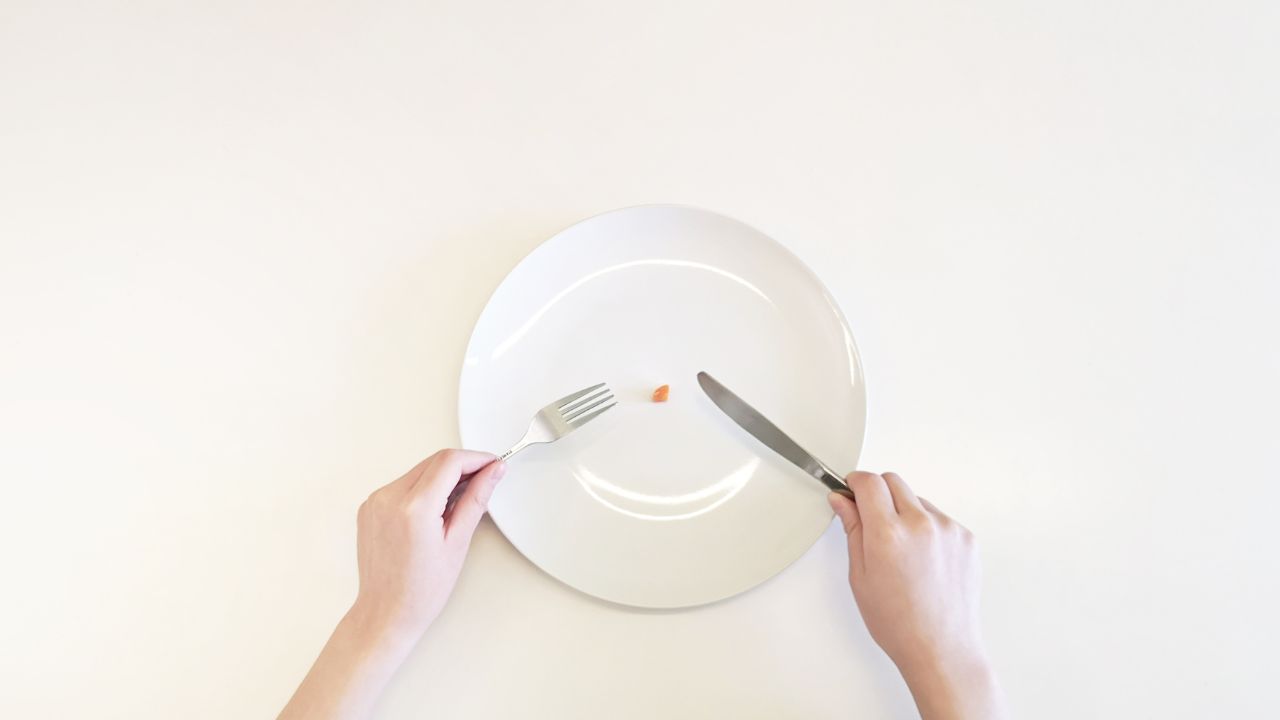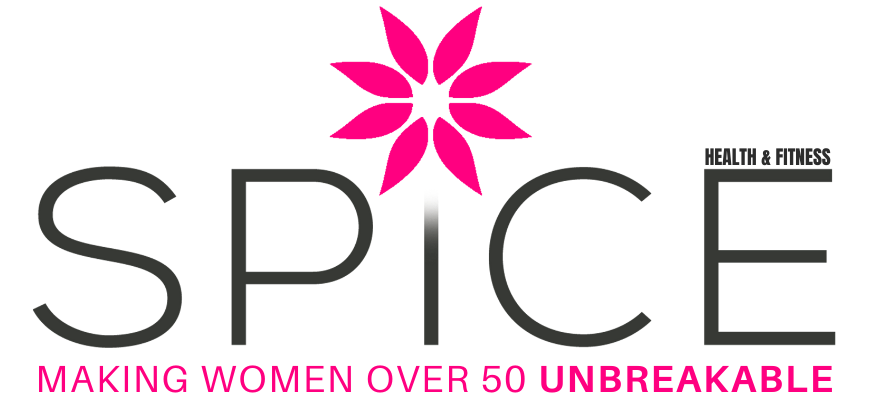When dieting behaviour turns into an eating disorder - The Transition from Healthy Living To Dangerous Obsession.
So many of us, every day, embark on a journey of becoming fitter and healthier.

This is a noble gesture and for many of us, we may dabble in this new lifestyle for a while but find it’s too onerous and fall back into old ways.
For others, it can be a decision that will serve us for the rest of our lives as we enjoy great health and vitality. Sadly, for many others, the choice to focus on eating and moving becomes an obsession and a dangerous preoccupation.
How do you know if you or a loved one are developing an eating disorder?
Dr Ashley Hampton, a psychologist, states that, An individual exercising for multiple hours in the morning, again at lunch, and then again at night would be problematic.
Researching different diets and exploring ways to lose weight, which could also include the use of laxatives or diet pills, as well as frequent weighing and counting calories, is also a telltale sign. Digestive issues, difficulty regulating body temperature and even a loss of menstruation can be symptoms of an eating disorder.
Rituals around food can occur
Which can include restriction of certain foods such as eating only low calorie or low fat. And then for some types of eating disorders, bingeing on anything in the fridge or pantry after a period of excessive restriction.
Baking or cooking for others without enjoying any of the food themselves is common, and eating out at a restaurant is problematic, because the food is usually not eaten, rather moved around on the plate.
Changes in personality with increased anxiety and mood swings can be a red alert to the development of an eating disorder.
Get Heaps more Whole Food and High Protein Recipes
+ Weekly Menu Plans
Join The STRONG ZONE Membership
Join NOW & Take Advantage of the 14-Day Trial Period
There is help for eating disorders, particularly if treated in the early stages.
Follow this link to hear a chat with Simone Yemm who has experienced an eating disorder for most of her life. We delve into facts such as the distinction between disordered eating and an eating disorder; what does recovery look like; what have the consequences been; how to recognise a problem in a loved one; and so much more.
If you suspect you or your loved one has an eating disorder, please visit any of the following links for more information and support.
Butterfly Foundation A Foundation for Eating Disorders
Eating Disorder Hope Education, support, and inspiration to eating disorder sufferers
Embrace Body image movement
InsideOut Rethinking eating disorders from the InsideOut
Overeaters Anonymous No matter your problem with food, we have a solution
Recovery Warriors Dedicated to boosting the emotional intelligence and resilience of people struggling with depression, anxiety and eating disorders
Something Fishy Dedicated to raising awareness and providing support to people with Eating Disorders, and their loved-ones
Tabitha Farrar Eating Disorder Recovery for Adults
The Mighty We face disability, disease and mental illness together
STRONG A.D.L. Movements
Establish ACTIVE DAILY LIFE Movements that last and support the lifestyle that you desire!
